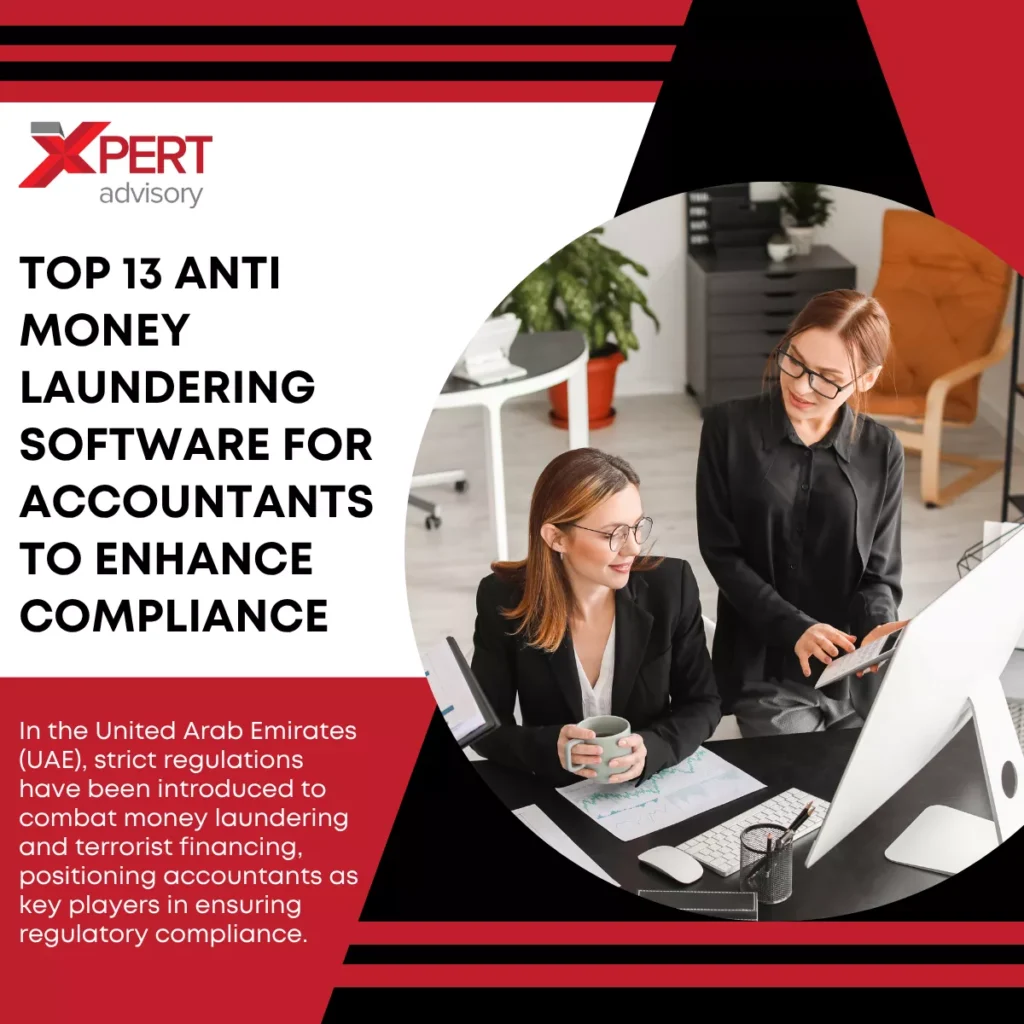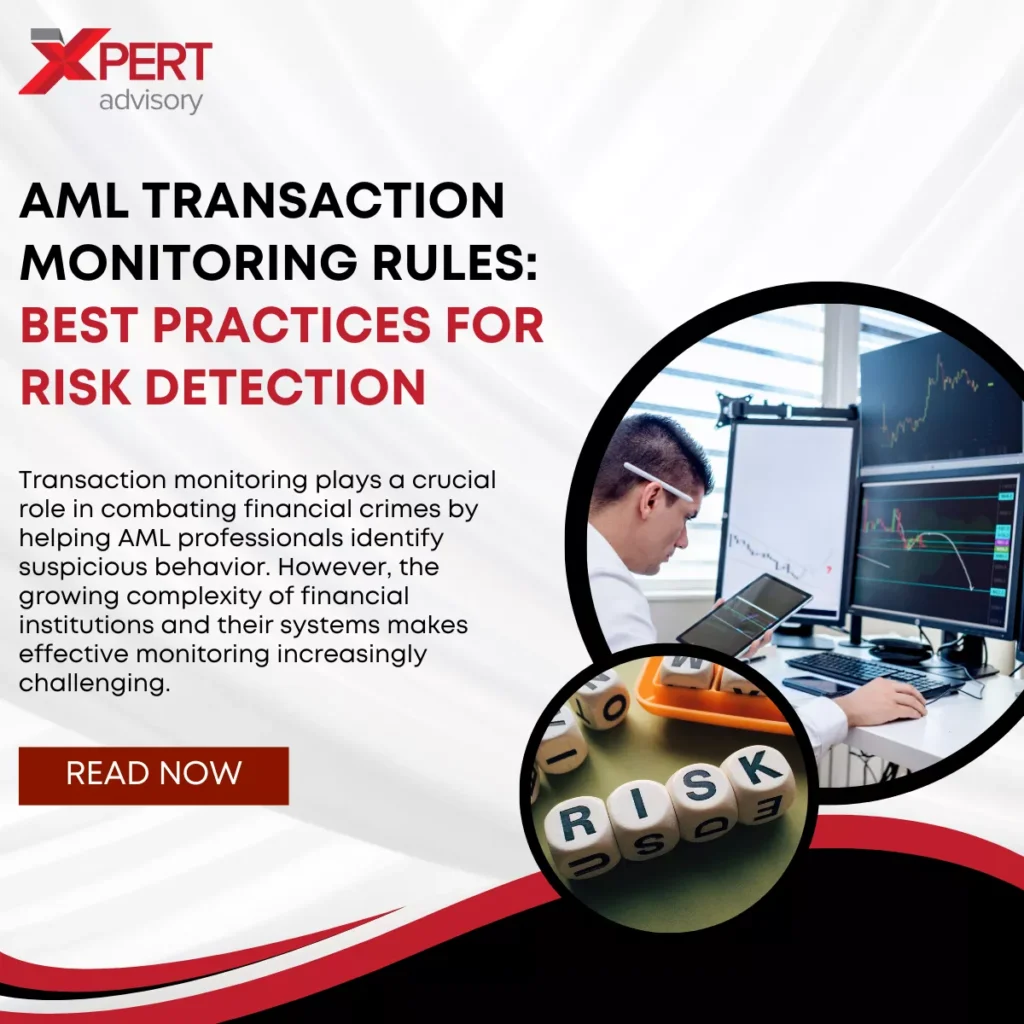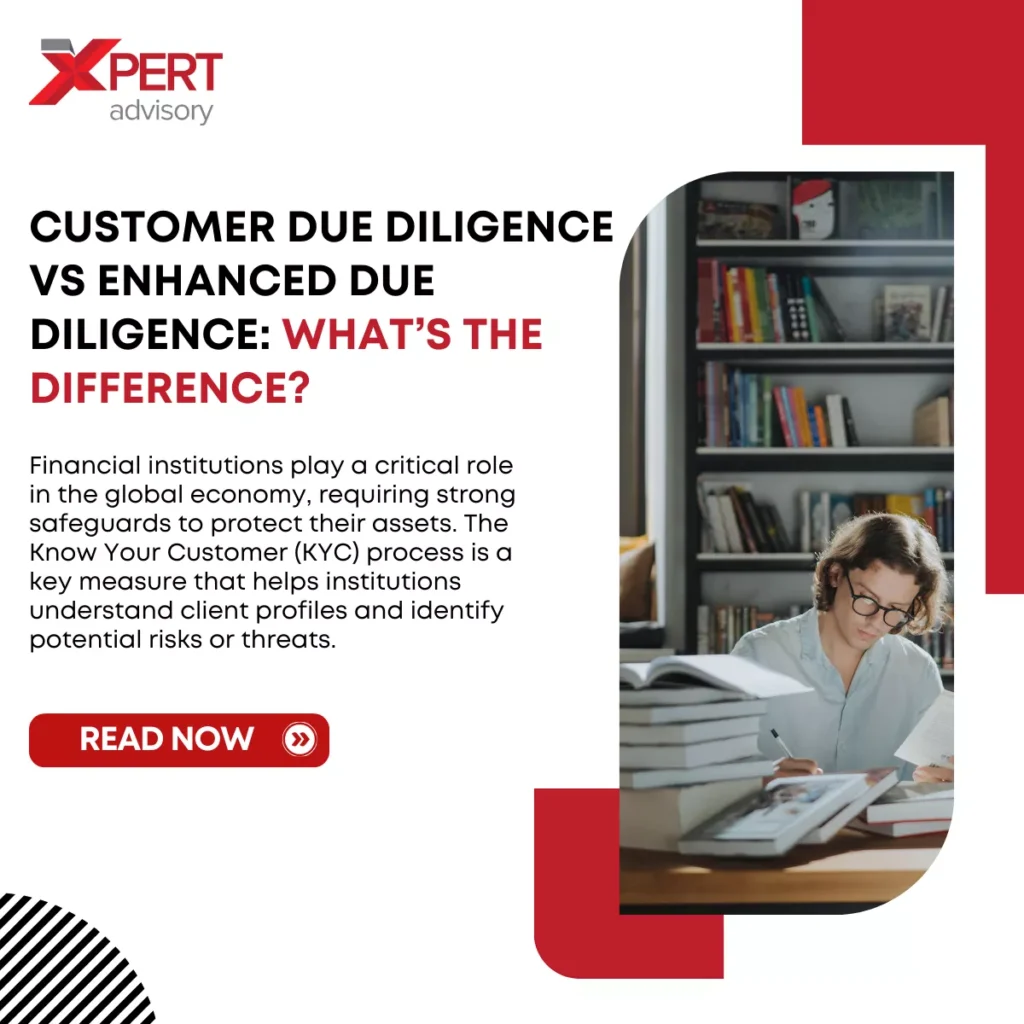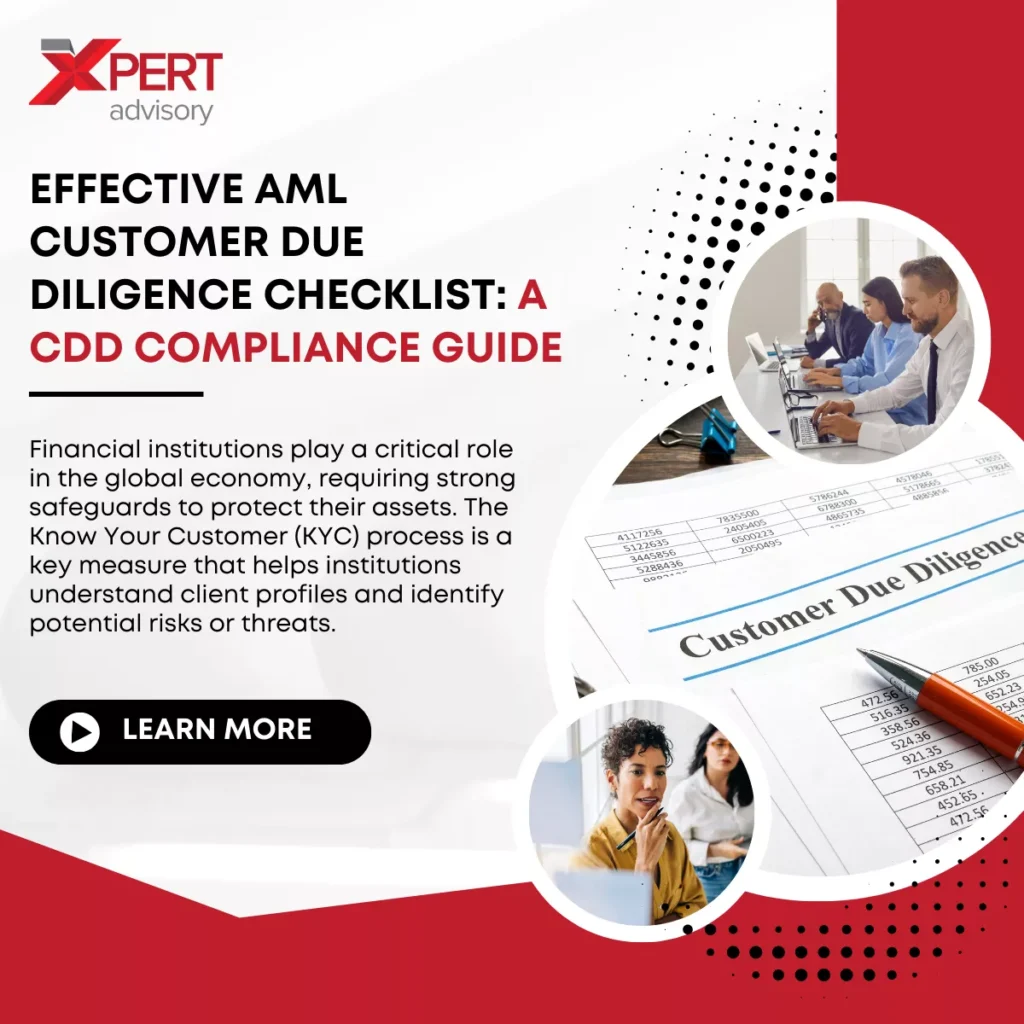Top 20 Books on Anti Money Laundering

Money laundering is a global challenge that threatens the integrity of financial systems everywhere. Professionals need to continuously expand their knowledge to stay ahead in this ever-evolving field. Explore top 20 books on anti money laundering packed with expert guidance, proven strategies, and real-world case studies that will sharpen your ability to understand, detect, and […]
How Money Laundering Works in the Art World?

A piece of art isn’t just a masterpiece, it can be a perfect cover for moving millions in the secretive world of money laundering. In fact, research indicates that illegal money transactions accounted for $10 billion out of the $64.1 billion that the global art market generated in 2019. Each deficiency in the art world […]
Is Money Laundering a Criminal or Civil Offence in the UAE?

Money laundering poses a serious threat to global economies, undermining financial stability and security. As a key international financial hub, UAE enforces rigorous AML measures to combat money laundering and terrorist financing, ensuring transparency and compliance. But is money laundering a criminal or civil offence in the UAE? The blog explores how UAE laws classify […]
Top 13 Anti Money Laundering Software for Accountants to Enhance Compliance

In the United Arab Emirates (UAE), stringent regulations have been implemented to combat money laundering and terrorist financing, placing accountants at the forefront of ensuring compliance. Implementation of an Anti-Money Laundering (AML) software is crucial for streamlining compliance processes, preventing financial fraud and enhancing risk management. Discover the best anti money laundering software for accountants […]
What is a Laundromat in Money Laundering? Find Out Here

Money laundering presents an intense danger to the global financial system by enabling criminals to convert illegal profits into legitimate money. The sophisticated “laundromat” system operates as complex crack-down networks to disguise illegal money origins. Wondering “what is a laundromat in money laundering?” This blog explores how laundromats function as money laundering schemes along with […]
AML Transaction Monitoring Rules: Best Practices for Risk Detection

The fight against financial crimes heavily relies on the transaction monitoring process because this system helps AML professionals detect suspicious activities. However, the increasing complexity of financial institutions and their systems makes monitoring activities more difficult. The complexity of financial systems presents challenges for implementing AML transaction monitoring rules to detect unusual transactions while upholding […]
best anti money laundering software

What is an anti-money laundering software? Organizations use Anti-Money Laundering (AML) software as a technology solution to help them spot and stop money laundering together with financial criminal activities. The software system executes compliance procedures by tracking monetary transactions and spotting peculiar behaviors, then produces needed documentation quickly and efficiently. AML software enhances business operations […]
Customer Due Diligence vs Enhanced Due Diligence: What’s the Difference?

Customer due diligence provides essential requirements to fulfil both Know Your Customer and anti-money laundering commitments. However, standard CDD procedures fail to meet requirements in certain situations and times. That’s why your business requires a properly structured enhanced due diligence protocol to handle such circumstances. So, in this guide, we’ll analyse customer due diligence vs […]
Effective AML Customer Due Diligence Checklist: A CDD Compliance Guide

Financial institutions maintain essential roles throughout the global economy, which demands heightened attention to protect their resources. A know your customer (KYC) process represents a vital step for understanding client profiles while spotting possible threats or risks. This process depends on customer due diligence solutions for its successful implementation. Therefore, knowing the key components of […]
What’s The Difference Between Customer Due Diligence and KYC?

KYC and CDD are crucial processes fall under the umbrella of an Anti-Money Laundering (AML) service. KYC and CDD are both checks that a financial institution will go through, and if this does not comply with AML regulatory compliance laws, civil penalties and fines may apply. While they affect one another, KYC and CDD each serve their […]

